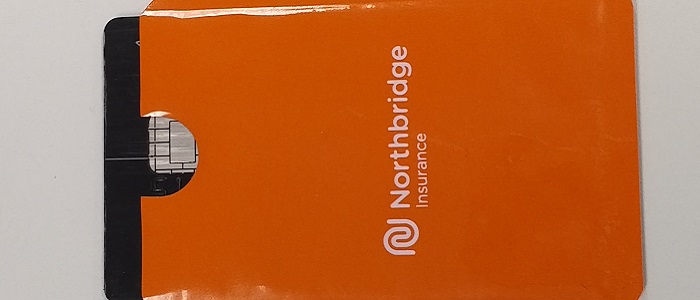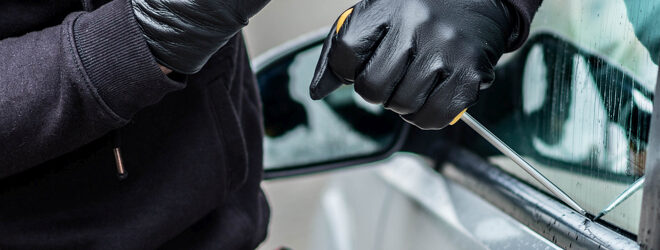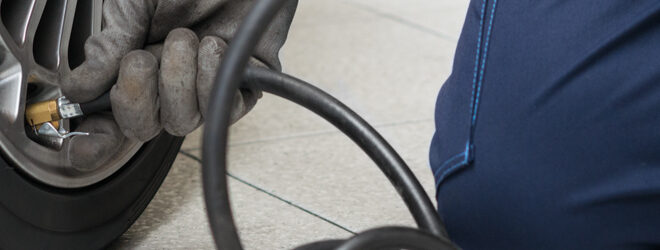What is electronic theft?
Electronic theft risk is constantly evolving: thieves are gaining access to new types of technology that allow them to target victims through electronic means, which can be difficult to detect. Hacking or phishing attacks can target you online, but electronic theft is happening outside of the cyber sphere, too.
While many credit cards, identification cards, and gas cards offer the convenience of ‘tap and go’ through Radio Frequency Identification (RFID) chip technology, this also presents new vulnerabilities that thieves could exploit. Whether through physical devices attached to ATMs and point of sale (POS) systems or the RFID frequency of your credit card, it’s easy to become a victim of theft or fraud without even knowing you’ve been targeted.
How am I targeted?
Skimmers are physical devices that can read the strip on your card when it’s swiped during a transaction. In many cases, skimmers are installed over card readers at ATMs and POS terminals at gas stations. These skimmers can be extremely difficult to detect even if you know what you’re looking for. More sophisticated criminals will design skimmers to look like they fit in with the existing hardware making them even harder to detect. Other types of skimmers might be so small that they can go unnoticed upon first inspection.
RFID scanners are even more sophisticated; they provide thieves with the ability to read your credit card data from afar. Depending on the type of device, a thief might be able to target your credit card, FAST card, or fuel card from up to 15 feet away. Once they have the information from the card, they’re able to perform credit card fraud, commit identity theft, or steal thousands of dollars’ worth of fuel.
Who’s at risk?
Because of the widespread adoption of RFID technology by credit card companies and banks, everyday consumers are being targeted while they’re shopping. Any situation where you’re removing your debit or credit card from your wallet can put your banking and credit card information at risk. If your card has RFID chip technology, you’re at an even higher risk because your data is that much more accessible.
Truck drivers can be easy prey for thieves, since they spend more time at gas stations and truck stops than the average consumer. Truck drivers and fleet managers might not be aware that their fuel cards have been used by thieves until weeks after the crime was committed. Cross-border truck drivers also have a variety of valuable information in their wallets: on top of credits cards, they often carry fuel cards, NEXUS cards, and FAST cards for quicker processing at borders.
How do I protect myself?
Here are some helpful tips to keep in mind as you aim to reduce your exposure to the risk of electronic theft:
- Keep your important cards like your NEXUS card, credit card, and fuel card inside of a sleeve or wallet that’s designed to shield RFID signals.
- Keep your receipts for credit card and fuel purchases, and cross reference them with your statements often so that you can identify potentially fraudulent activity.
- Pay with cash whenever possible.
- Be aware of your surroundings and keep a lookout for others who are standing suspiciously close to you while paying.
- Inspect the POS terminal or ATM before paying, and don’t use it if it looks unusual.
- Look for tamper evidence sticks that will change colour if there’s evidence of tampering.
Keeping these tips in mind can help keep your valuable information and fuel cards safe from thieves.




